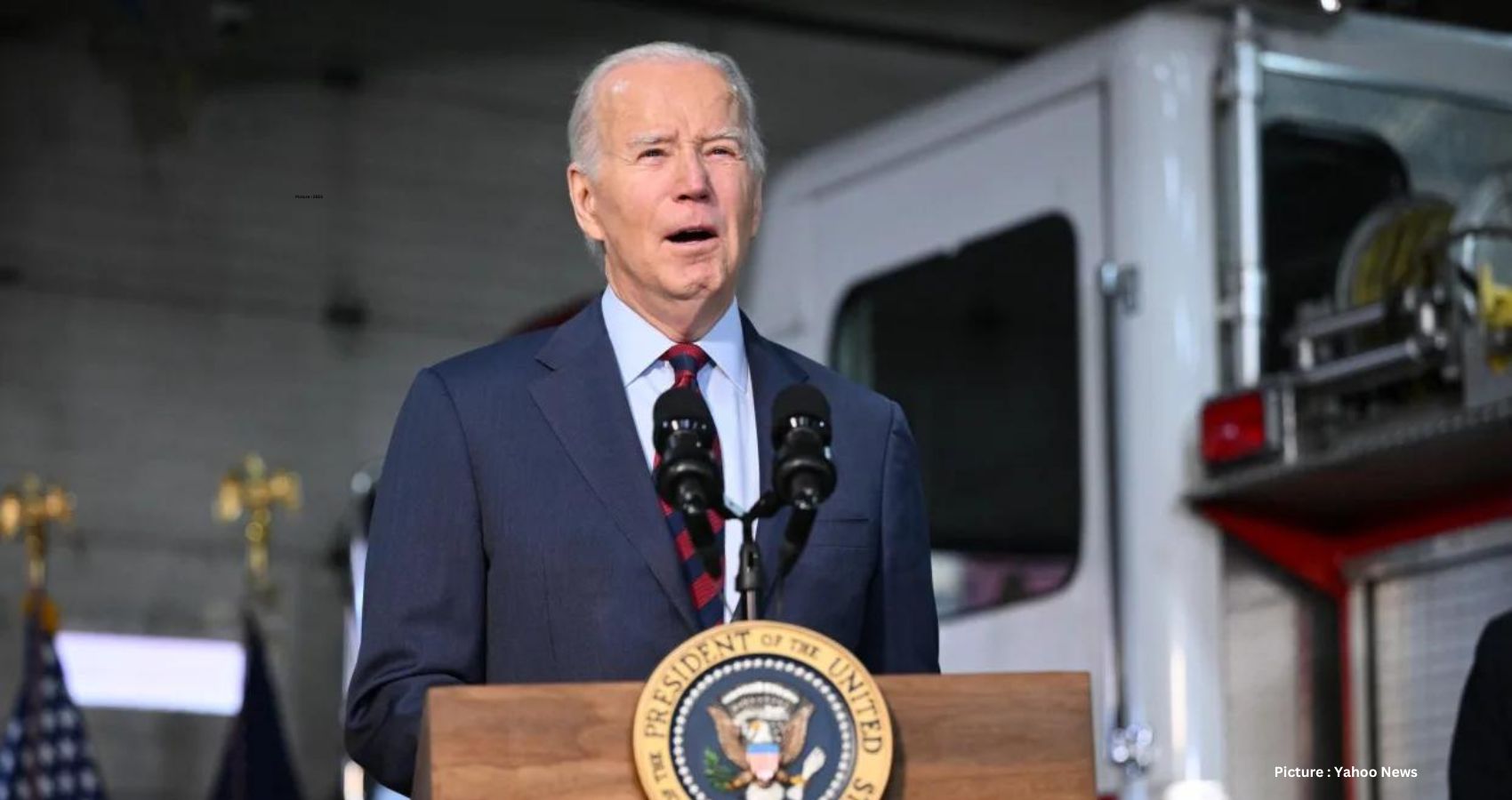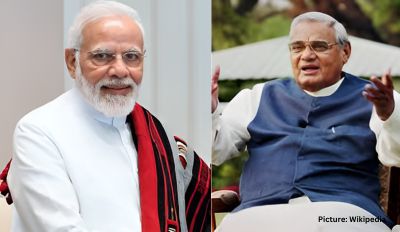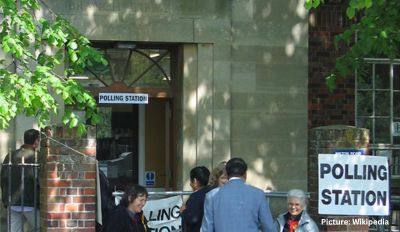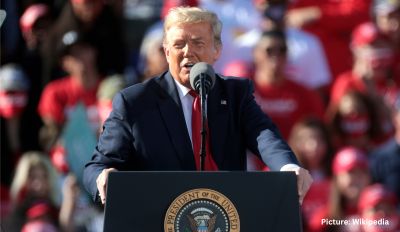In contemporary times, fractures within the Western world are becoming increasingly pronounced. The Prime Ministers of Belgium and Spain have voiced their support for Palestine, advocating its recognition as an independent state. Meanwhile, the Prime Minister of Slovakia has withdrawn support for the Ukrainian war effort, echoing sentiments from the winner of the Dutch elections, Geert Wilders, and Hungary. This growing trend towards peace in a wearied Europe suggests the possibility of substantial shifts on the horizon.
Over two decades ago, American neoconservative Robert Kagan observed in his book “Of Paradise and Power” that Europe, existing in a Kantian zone of peace, could afford to be oblivious to the realities of power, thanks to the United States’ wielding of influence. However, recent developments indicate that Europe can no longer remain a paradise detached from power dynamics. Ursula von der Leyen, President of the European Commission, envisions transforming the EU into a geopolitical actor. This shift is evident in Brussels’ more mercantilist stance, demonstrated by the proposed ‘anti-coercion instrument.’
This instrument seeks to impose tariffs and export controls on countries that interfere with the trade or investment decisions of EU member states. Yet, internal resistance within the European Council, composed of member state leaders, hampers its implementation. Similar hurdles emerge in the Global Gateway project, touted as the EU’s response to China’s Belt and Road Initiative. Concerns within the European Commission about provoking China, coupled with budgetary constraints and a lack of political will, cast doubt on the project’s efficacy.
The once-united front of Berlin and Paris, considered the engine of Europe, is now showing signs of strain. Disagreements on issues ranging from nuclear energy to joint defense projects and the European missile shield are exacerbating tensions. Chancellor Scholz’s push for relaxing EU rules on state aid raises concerns in Paris about granting Germany undue advantages. However, it is the issue of China that poses a substantial threat to the Franco-German partnership.
While Scholz’s government announces a China strategy promising de-risking, its actions, including support for growing German investment in China and reluctance to exclude Chinese technology from its telecommunications infrastructure, contradict the rhetoric. Germany’s unique susceptibility to industrial lobby influence over foreign policy, noted by analyst Wolfgang Münchau, further complicates the situation. In contrast, Macron’s approach involves assuring Beijing of friendship while pressuring the European Commission to investigate Chinese subsidies for electric vehicles.
This divergent approach to China intensifies the clash between German export-driven growth, aligned with China, and French aspirations for reindustrialization. The potential impact of a trade war on major German corporations, deeply entwined with China, adds a layer of complexity to this geopolitical puzzle. As France seeks economic autonomy for Europe, and Germany aims to maintain trade surpluses, a collision appears increasingly inevitable.
While some European nations view Washington’s confrontational stance towards China skeptically, the ambiguous positions of European capitals may tempt the United States towards unilateralism. Such a move risks triggering a similar short-sighted egoism in other European states, mirroring Germany’s approach. Moreover, the impending break-up of the Franco-German alliance opens the door to new political possibilities. For the U.S., this means shaping more effective coalitions, while for Europe, it signifies a potential departure from post-historical illusions and an entry into the realm of power politics.











